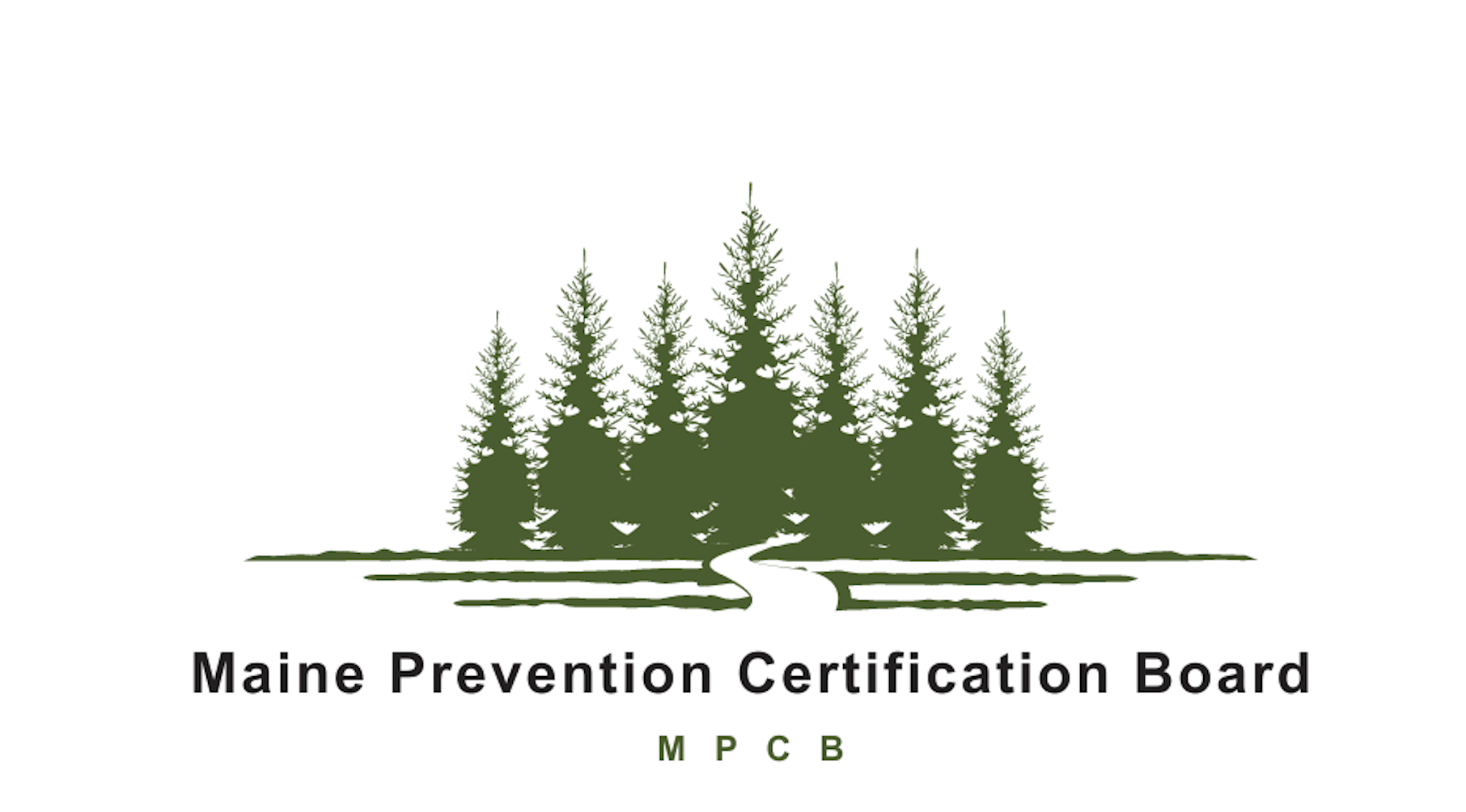PREVENTION: A proactive process which empowers individuals and systems to meet the challenges of life events and transitions by creating and reinforcing healthy behaviors and lifestyles and reducing risks contributing to alcohol, tobacco, and other drug misuse and related issues. Prevention focuses on the interventions that occur prior to the onset of a substance use disorder and which are intended to prevent the occurrence of the substance use disorder or reduce risk for the substance use disorder.
CERTIFIED PREVENTION SPECIALIST (PS-C): A professional who uses a specialized set of knowledge, experience, training and skills to encourage healthy attitudes and behaviors which prevent the abuse of alcohol, tobacco and other drugs (ATOD). The role of the Certified Prevention Specialist is to empower individuals and communities to assess needs and to develop and implement strategies that effectively meet those needs. Certified Prevention Specialist candidates must have 2,000 documented hours of prevention‐related experience in the six IC&RC Prevention Performance Domains, with a minimum of 120 of those hours under supervision, and a total of 120 hours of documented education/training, with at least 10 hours in each domain. The PS-C certification is reciprocal with 42 other states.
PROVISIONAL PREVENTION SPECIALIST (PPS): A prevention worker who has received a provisional certification in order to acquire the experience and education necessary to apply for certification as a Certified Prevention Specialist. This entry-level certification is not reciprocal with any other state or nation and does not require an examination. It can be renewed once and entails a commitment to seek the experience and education/training required for the Certified Prevention Specialist status.
ADVANCED CERTIFIED PREVENTION SPECIALIST (PS-A): A professional who has extended experience as a a Certified Prevention Specialist. Its purpose is to provide experienced substance use prevention specialists in Maine with a “step up” credential to align with their extended years of experience and training that includes some management relevant training. The PS-A must have:
- 8,000 documented hours of prevention-related experience in the six IC&RC Prevention Performance Domains (within the past 10 years).
- 24 hours of ATOD-specific training within the last 24 months.
- 6 hours of Advanced Prevention Ethics within the last 24 months.
- 18 hours of IC&RC Prevention Domain and Task relevant management training (includes but not limited to fiscal, program, grant, and staff management topics) within the last 10 years.
- 6 hours of training related to Cultural Equity and Inclusion (within the last 24 months).
For a copy of the original WEBINAR that explains Maine’s Prevention Certification system: Link to Webinar
PURPOSE OF CERTIFICATION:
To promote the credibility and continued professional development of prevention professionals.
To protect the public through the assurance of competency in prevention services.
To promote the delivery of competent, professional prevention services.
To establish a recognized credential of professional competency, which allows for national reciprocity.
